$5.40
An additional source of succinic acid. Succinic acid reduces the toxic effect of antibiotics, ethanol, anti-tuberculosis, anthelmintic, anti-inflammatory, antitumor drugs.
Succinic acid reduces the production of free radicals, promotes the utilization of fatty acids and glucose, prevents the activation of lipid peroxidation, normalizes blood gas composition and acid-base state in tissue acidosis, has a positive effect on intracellular aerobic processes. Under the action of the drug are activated enzymatic processes of the Krebs cycle. Restores the energy potential of the cell during intoxication. Due to the activation of the fast metabolic cluster of mitochondria, succinic acid increases the synthesis of adenosine triphosphate. Normalizes energy metabolism and increases the processes of detoxification and excretion of various toxic substances and drugs.
After oral administration, succinic acid is well absorbed in the gastrointestinal tract, penetrates into the blood and tissues, where it is oxidized to carbon dioxide, which is excreted in exhaled air. The maximum concentration is reached after 0.75 hours. The half-life is 0.44 hours. When taken once, the drug circulates in the blood for about 0.89 hours.
Indications
Comprehensive treatment of intoxication of various origins; complex treatment of infectious diseases (to reduce the toxic effect of anti-tuberculosis, anti-inflammatory, anthelmintic antibiotics).
Contraindications
Hypersensitivity, marked impaired renal function, exacerbation of peptic ulcer, erosive gastritis.
Dosage and administration
Succinic acid is taken orally. The dosage depends on the indications and the patient’s condition.
Side effects
Succinic acid is usually well tolerated; may increase gastric secretion.
Drug interaction
Succinic acid reduces the toxic effect of antibiotics, ethanol, anti-tuberculosis, anthelmintic, anti-inflammatory, antitumor drugs. Succinic acid is well combined with any drugs.
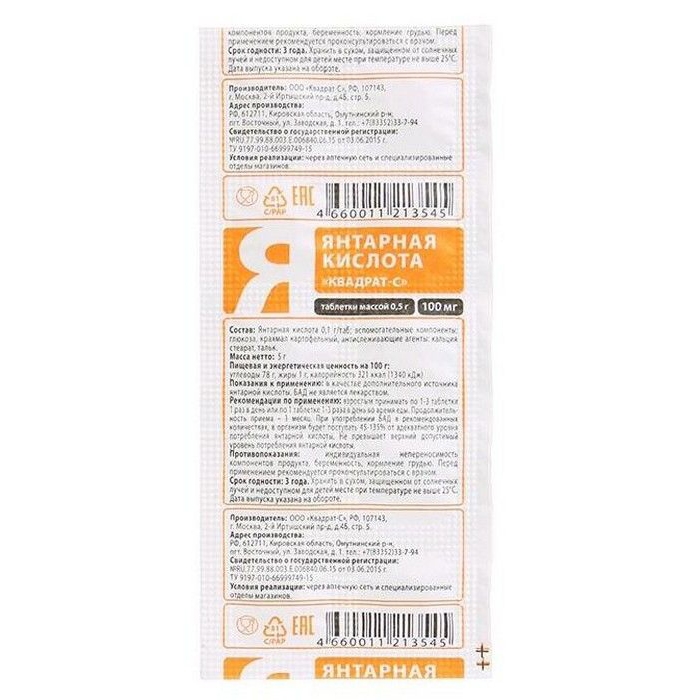
| Weight | 0.1 kg |
|---|

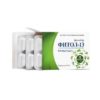

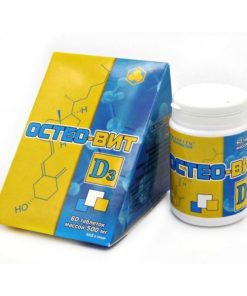
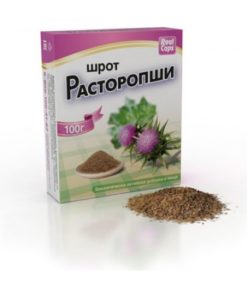



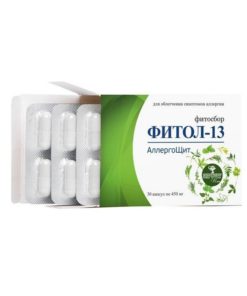

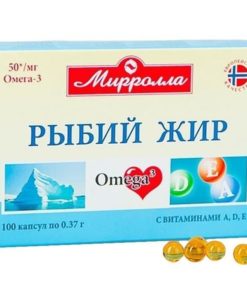
Reviews
There are no reviews yet.